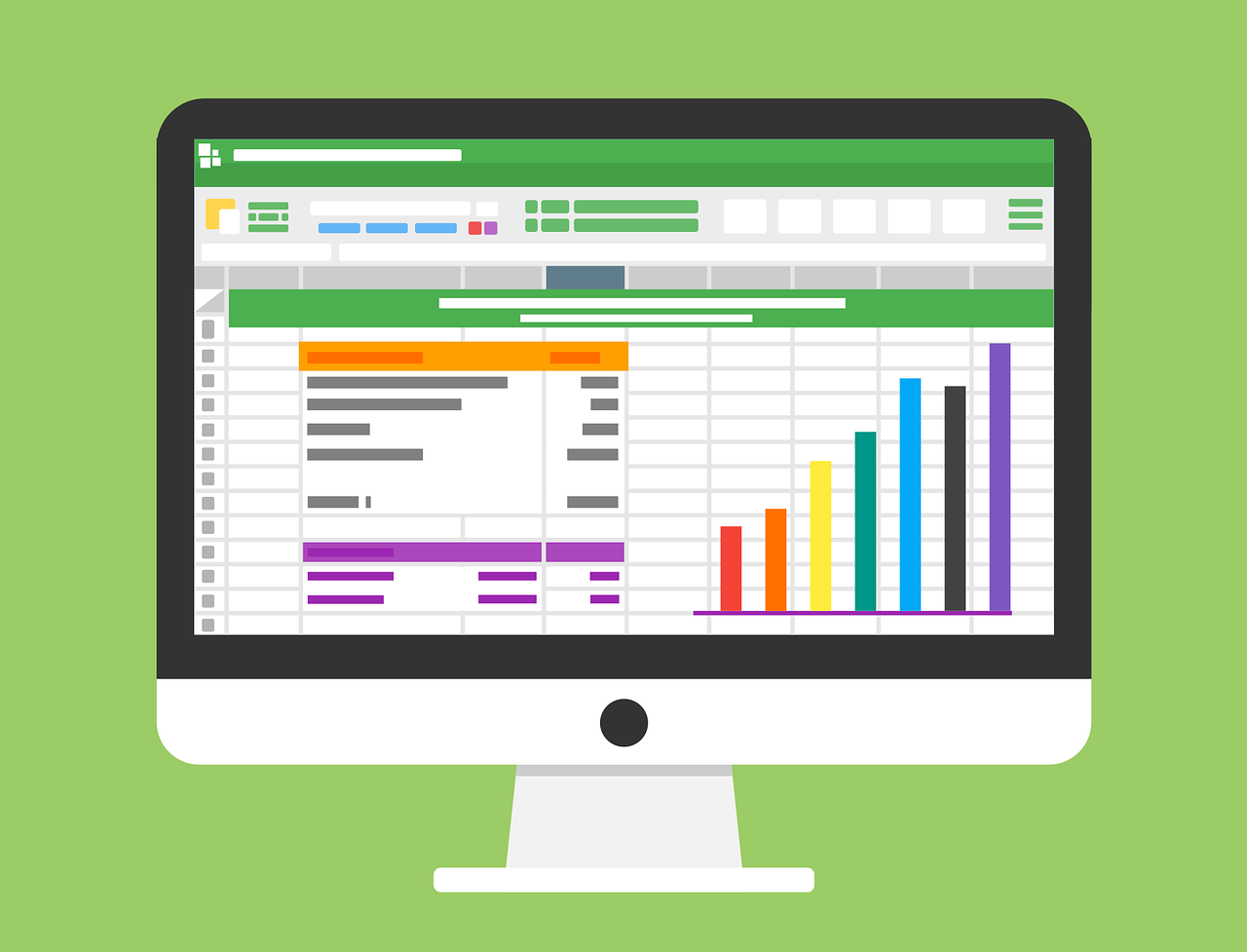As the owner of a law firm, you may be considering outsourcing your accounting or bookkeeping needs to save time and money.
Entrepreneurs must wear many hats to make their practices work. Whether you are thinking about hiring a professional accountant to help prepare your taxes or a professional bookkeeper to help with invoicing, expense tracking, payroll, and more, this article is for you.

In the following sections, we will go over:
- The Difference Between an Accountant and Bookkeeper
- Accountant vs. Bookkeeper Credentials
- When Hiring a Bookkeeper Makes Sense
What is the difference between a Bookkeeper and an Accountant?
When asked to describe the difference between a bookkeeper and an accountant, most people would struggle to explain what separates the two roles.
This is mostly due to the fact that both bookkeepers and accountants work with businesses finances, and there is often some role overlap between the functions, especially in the realm of legal offices.
Simply put, the difference between bookkeepers and accountants lies in each job’s focus. While accountants focus on paying taxes, bookkeepers help law firms see where they are financially and how to make improvements in their law practice.
Another key difference between a bookkeeper and an accountant lies in the way regulatory agencies like the IRS allow each professional to work, but more on that later.
Professional Bookkeeper
As you can probably guess from the previous paragraph, a professional bookkeeper is concerned with documenting and administering financial transactions for a business.
At Legal Ease, we also help with tax preparation, financial forecasting, and strategic planning.
In a typical bookkeeping role, a bookkeeper is responsible for:
- Posting Debits and Credits
- Analyzing Operating Costs
- Preparing Financial Statements
- Generating and Sending Invoices
- Managing, Tracking, and Executing Payroll
- Documenting Financial Transactions
- Maintaining and Balancing General Ledgers
- Keeping Track of Historical Financial Information
At the end of the day, the primary role of most professional bookkeepers is maintaining quickbooks online for a business.
Given that Quickbooks Online is accurate and updated frequently, this bookkeeping software is an invaluable tool to help law firms see how their practice is doing and how to improve.
While the IRS only requires business owners to maintain paper records for certain transactions and audits, it’s often wise to err on the side of caution to avoid financial trouble in the aftermath of a surprise audit.
Professional Accountant
Whether working in-house or as an independent contractor retained by a business owner, a professional accountant typically uses the information and data compiled by a bookkeeper for tax planning and the calculation of tax liability.
Some of the responsibilities of the average accountant include:
- Analyzing Operational Costs
- Calculating Tax Liability
- Filing Tax Returns
- Financially Advising Business Owners
- Preparing Adjusting Entries
From strategic planning to tax advising, and financial forecasting, a good accountant can help a business owner stay out of money trouble.
Bookkeeper Credentials
While a bookkeeper is typically not required to complete any formal education to start working, the complexities of our modern business environment and current bookkeeping software suites make professional development a practical non-negotiable.
To be successful, a bookkeeper not only needs to be intimately aware of the foundation principles of accounting, they also need to have an advanced understanding of modern accounting software and practices specific to their industry of focus.
At Legal Ease, we primarily work as bookkeepers for Law Firms and Attorneys. With that we make sure to keep up on all relevant software to the legal industry including, but not limited to:
- Quickbooks Online
- LeanLaw
- Clio
- MyCase
- Practice Panther
While most of our attorney bookkeeping clients prefer us to handle software administration for them, we also offer Quickbooks training sessions for those who want or need them.
When You Should Hire a Professional Bookkeeper
While the point in time that it makes sense to hire a professional bookkeeper will vary from practice to practice, there are some general indicators you can use as a compass to know when is right for you.
Above all else, the decision to hire a bookkeeper should be based on a desire to gain a better understanding of your books and save precious time for other mission-critical tasks related to your business.
If you’re having trouble keeping up with your trust account, invoicing, or daily transactions, you are probably at the point that it makes sense to retain a professional.
Even if you’re not quite at the point where it makes sense to hire a bookkeeper full time, you can still hire a part time virtual one or invest in training to better understand the financial software you use for your practice.
If you’re wondering what a professional bookkeeper can do for your law firm or small business, we are happy to help you better understand your options.










